In the early 20th century, Argentina was one of the richest countries in the world. While Great Britain's maritime power and its far-flung empire had propelled it to a dominant position among the world's industrialized nations, only the United States challenged Argentina for the position of the world's second-most powerful economy.
It was blessed with abundant agriculture, vast swaths of rich farmland laced with navigable rivers and an accessible port system. Its level of industrialization was higher than many European countries: railroads, automobiles and telephones were commonplace.
In 1916, a new president was elected. Hipólito Irigoyen had formed a party called The Radicals under the banner of "fundamental change" with an appeal to the middle class.
Among Irigoyen's changes: mandatory pension insurance, mandatory health insurance, and support for low-income housing construction to stimulate the economy. Put simply, the government assumed economic control of a vast swath of the country's operations and began assessing new payroll taxes to fund its efforts.
With an increasing flow of funds into these entitlement programs, the government's payouts soon became overly generous. Before long its outlays surpassed the value of the taxpayers' contributions.
The wealth redistribution scheme quickly became under-funded, much like the United States' Social Security and Medicare programs.
The death knell for the Argentine economy, however, came with the election of Juan Perón.
Perón had a fascist and corporatist upbringing; he and his charismatic wife aimed their populist rhetoric at the nation's rich.
This targeted group "swiftly expanded to cover most of the propertied middle classes, who became an enemy to be defeated and humiliated."
Under Perón, the size of government bureaucracies exploded through massive programs of social spending and by encouraging the growth of labor unions.
High taxes, corrupt bureaucracies, and economic mismanagement took their inevitable toll even after Perón had been driven from office. But his populist rhetoric and "contempt for economic realities" lived on. Argentina's federal government continued to spend far beyond its means.
Hyperinflation exploded in 1989, the final stage of a process characterized by "industrial protectionism, redistribution of income based on increased wages, and growing state intervention in the economy..."
The Argentinian government's practice of printing money to pay off its public debts had crushed the economy. Inflation hit 3000%, reminiscent of the Weimar Republic that had spawned the likes of Hitler.
Food riots were rampant; stores were looted; and the country descended into chaos.
And by 1994, Argentina's public pensions -- the equivalent of Social Security -- had imploded. The payroll tax had increased from 5% to 26%, but it wasn't enough. In addition, Argentina had implemented a value-added tax (VAT), new income taxes, a personal tax on wealth, and additional revenues based upon the sale of public enterprises.
They weren’t enough. These crushed the private sector, further damaging the economy.
A government-controlled "privatization" effort to rescue seniors' pensions was attempted. But, by 2001, those funds had also been raided by the government, the monies replaced by Argentina's defaulted government bonds.
By 2002, "...government fiscal irresponsibility... induced a national economic crisis as severe as America's Great Depression."
* * *
In 1902 Argentina was one of the world's richest countries. Little more than a hundred years later, it is poverty-stricken, struggling to meet its debt obligations amidst a drought.
We've seen this movie before. The Democrats' populist giveaway plans can't possibly work, because government bankrupts everything it touches. History teaches us that ObamaCare and the myriad of government’s unfunded entitlement programs will be utter, complete disasters.
Today's Democrats are guilty of more than stupidity; they are enslaving future generations to poverty and misery. And they will be long gone when it all implodes.
They will be as cold and dead as Juan Perón when the piper must ultimately be paid.
Throughout history, Democrats’ Marxist templates for wealth redistribution have proven fatal for civilized societies.






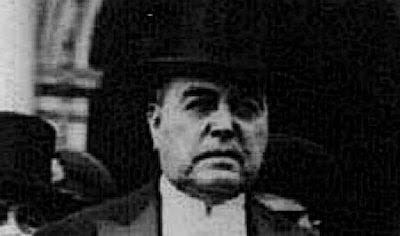
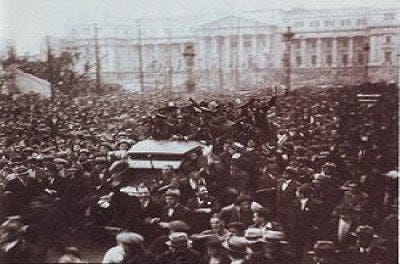
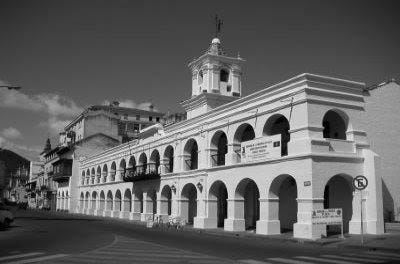
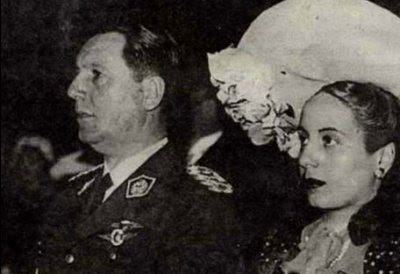


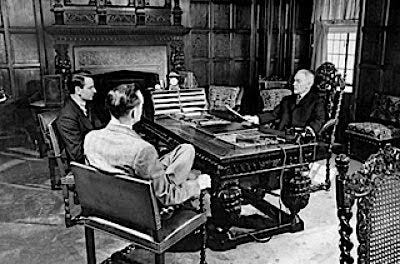


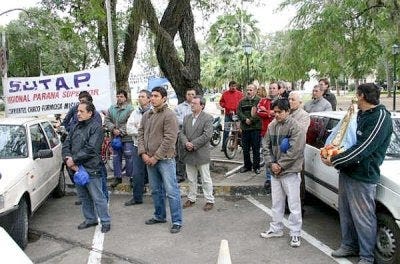


In order to reverse or even attempt to reverse the devastation caused by these Democrat socialist programs, policies, plundering of the US economy, one has to be willing to be the “bad guy”, the one who’s going to appear cruel and mean if any semblance of balance is to be produced. That’s just the first step.
The second is that it will take decades to right this ship of state in its current state of ruination, and with the constant change in parties of power, it cannot be accomplished, as that will only create further disruption and destruction. The economy needs assurances, and much like the oil companies today cannot invest in the future, which is their entire business model, because of this constant swing back and forth, how can we ever even get on a path to restoration?
Republicans may sweep into power this cycle but they hardly inspire confidence as willing to be the “bad guy”, who’d be willing to reverse course on decades of Democrat profligacy. They’ve even been party to it in many cases. And there’s no guarantee whatsoever that they’d be in power long enough to see it through, as the people, who may think they want things to get better, will whine and cry when their pet handout gets touched.
Don’t see much hope on the horizon. Sorry.
Our counter culture is growing in number and strength each day soon to outnumber, counteract and surpass the current mainstream culture. Keep up the great work!